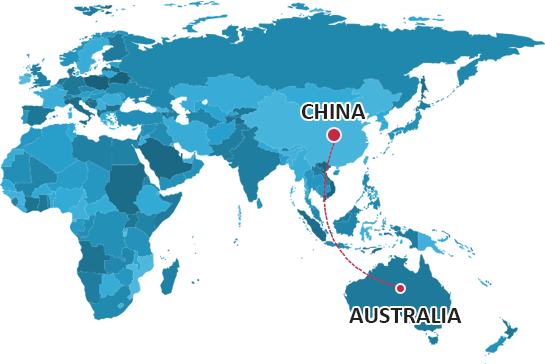
SHIPPING FROM CHINA TO Australia
Managing shipping between China and Australia has become a top priority for many individuals and businesses, and freight forwarders are often sought out for assistance. Winsail Logistics is a company that specializes in international logistics services and a wide range of freight forwarding services, and we have the necessary certificates, including FMC-NVOCC 031318, WCA member: 84961, JCTRANS member:107728, China MOC-NVOCC09845, to ensure that our clients receive the highest quality services.
Our vast network enables us to accommodate economical, affordable, and reliable logistics plans for cargo shipping needs to Australia. We offer a comprehensive range of services, including pick up, documentation, packaging, loading, unloading, customer clearance, warehousing, consolidating, and more. We cover all major ports in China, including Shenzhen, Tianjin, Dalian, Shanghai, Guangzhou, Hong Kong, Xiamen, Hangzhou, Ningbo, and more.
We manage the entire transportation process, from goods pick-up to packaging, inventory management, documentation, customs clearance, and cargo loading and unloading. As a one-stop service provider, we aim to streamline the entire import process for our clients who are shipping items from China to Brisbane,Fremantle,Melbourne,Sydney, Adelaide.







